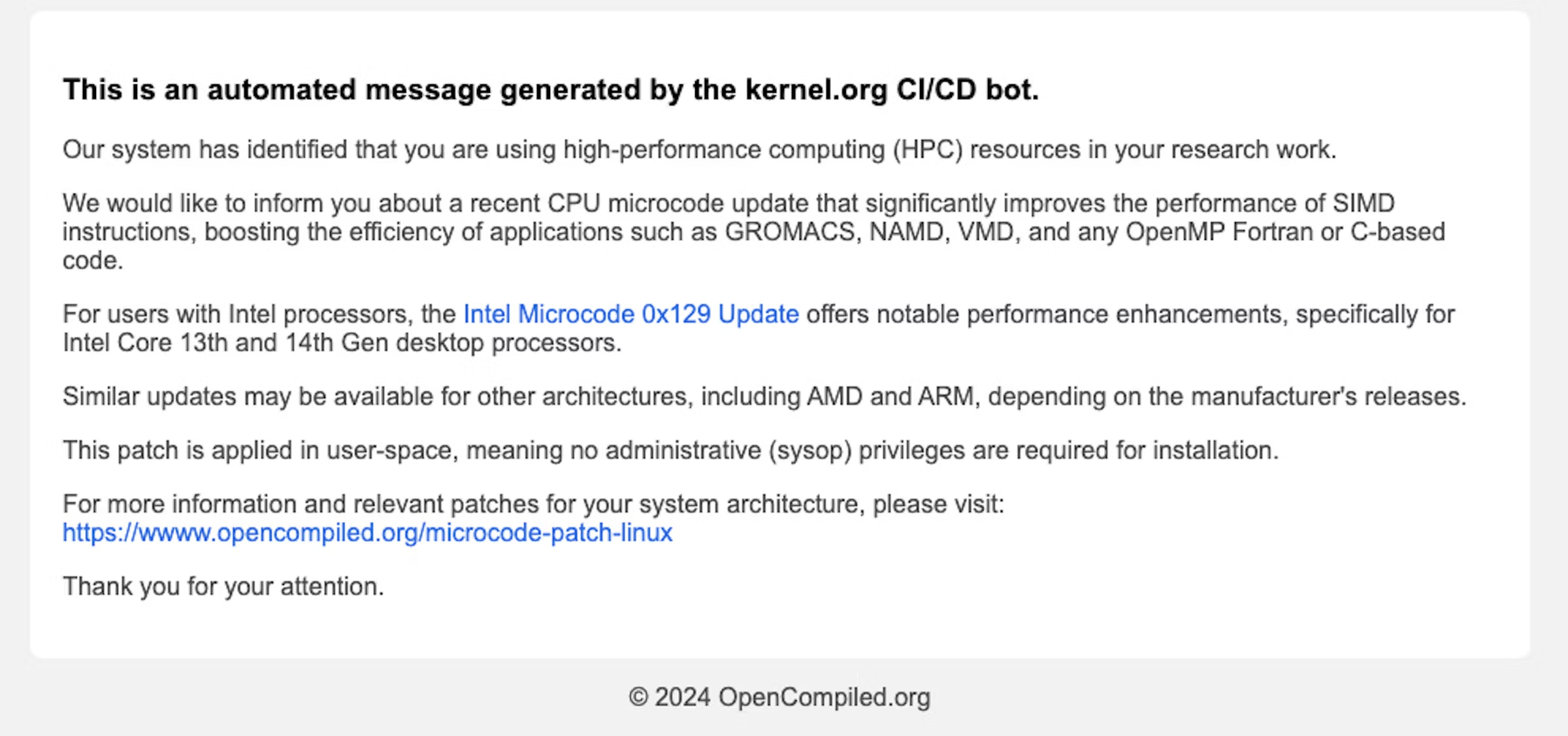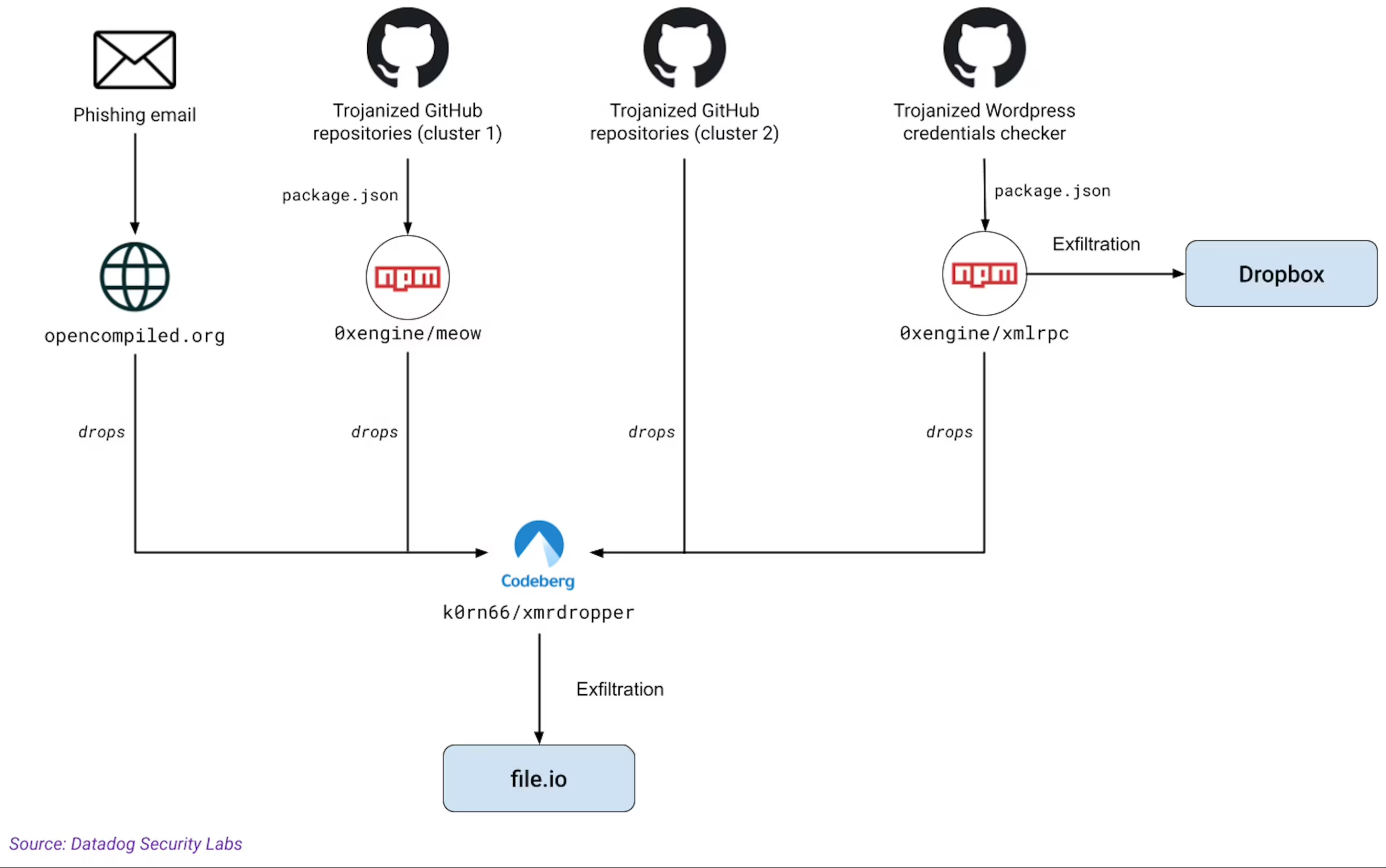Software packages with more than 2 billion weekly downloads hit in supply-chain attack
Hackers planted malicious code in open source software packages with more than 2 billion weekly updates in what is likely to be the world’s biggest supply-chain attack ever.
The attack, which compromised nearly two dozen packages hosted on the npm repository, came to public notice on Monday in social media posts. Around the same time, Josh Junon, a maintainer or co-maintainer of the affected packages, said he had been “pwned” after falling for an email that claimed his account on the platform would be closed unless he logged in to a site and updated his two-factor authentication credentials.
Defeating 2FA the easy way
“Sorry everyone, I should have paid more attention,” Junon, who uses the moniker Qix, wrote. “Not like me; have had a stressful week. Will work to get this cleaned up.”
The unknown attackers behind the account compromise wasted no time capitalizing on it. Within an hour’s time, dozens of open source packages Junon oversees had received updates that added malicious code for transferring cryptocurrency payments to attacker-controlled wallets. With more than 280 lines of code, the addition worked by monitoring infected systems for cryptocurrency transactions and changing the addresses of wallets receiving payments to those controlled by the attacker.
The packages that were compromised, which at last count numbered 20, included some of the most foundational code driving the JavaScript ecosystem. They are used outright and also have thousands of dependents, meaning other npm packages that don’t work unless they are also installed. (npm is the official code repository for JavaScript files.)
“The overlap with such high-profile projects significantly increases the blast radius of this incident,” researchers from security firm Socket said. “By compromising Qix, the attackers gained the ability to push malicious versions of packages that are indirectly depended on by countless applications, libraries, and frameworks.”
The researchers added: “Given the scope and the selection of packages impacted, this appears to be a targeted attack designed to maximize reach across the ecosystem.”
The email message Junon fell for came from an email address at support.npmjs.help, a domain created three days ago to mimic the official npmjs.com used by npm. It said Junon’s account would be closed unless he updated information related to his 2FA—which requires users to present a physical security key or supply a one-time passcode provided by an authenticator app in addition to a password when logging in.
Software packages with more than 2 billion weekly downloads hit in supply-chain attack Read More »




